With a large number of video games and consoles that have been released every year, the success of individual products is partially based on the success of their marketing to consumers. If a game or console receives enough well-made advertisements and promotions, it will sell well even if they are mediocre. Meanwhile, great games can be lost to time if they are not promoted enough.
But, sometimes companies make extreme marketing blunders while on their quest to make more money. In these instances, the promotions ended up hurting their products rather than helping them.
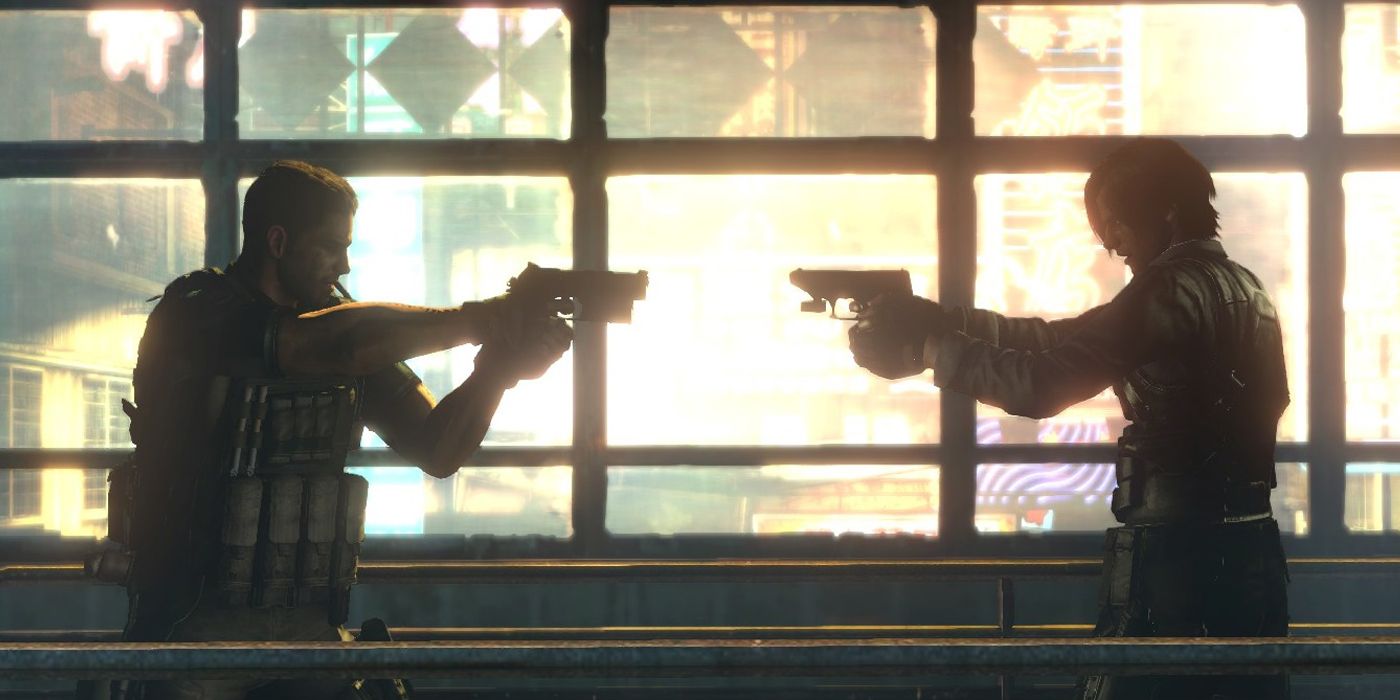
It's one thing to see human body parts get eaten in a video game, but it's a completely different thing to see something similar in real life. To promote the release of Resident Evil 6, one of the worst games in the series, in late 2012, Capcom opened a butcher's shop in London called Wesker & Son, which sold meat that was made to look like human body parts.
The shop was organized by Emma Thomas, who often goes by her alias Miss Cakehead and is known for several other similar stunts such as the Steve Jobs-inspired cake shop that sold an edible Mac laptop. While this butcher's shop was only open for a few days and didn't sell actual human meat, it still caused quite a stir because of how disturbingly realistic the meat was.
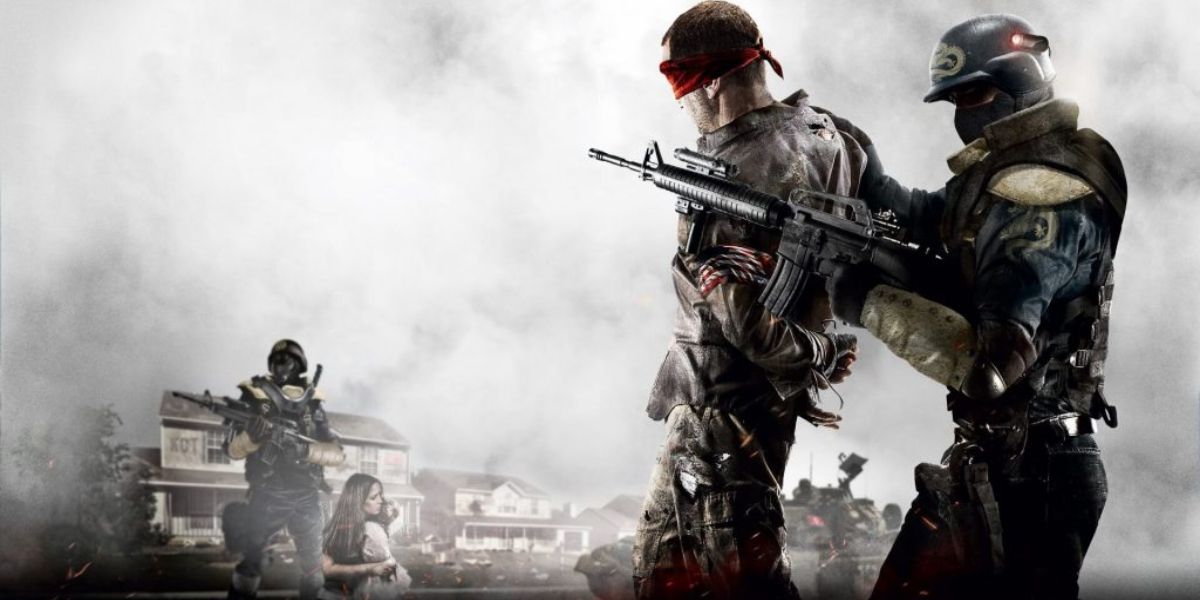
A few years before video game company THQ went out of business, the company decided to release 10,000 red balloons into the San Francisco skies to promote their upcoming 2011 first-person shooter Homefront during that week's Game Developers Conference (GDC). Although the balloons were biodegradable, environmental activists were understandably still worried because the pileup of latex in the San Francisco Bay could still harm wildlife, so the company had to immediately clean up the mess.
Surprisingly, this was one of the least controversial aspects of the game. Since Homefront is about North Korea taking over South Korea and attacking the United States, the game was banned in South Korea and censored in Japan. The game also had a fake news report on YouTube about the war that was realistic enough that it caused panic.
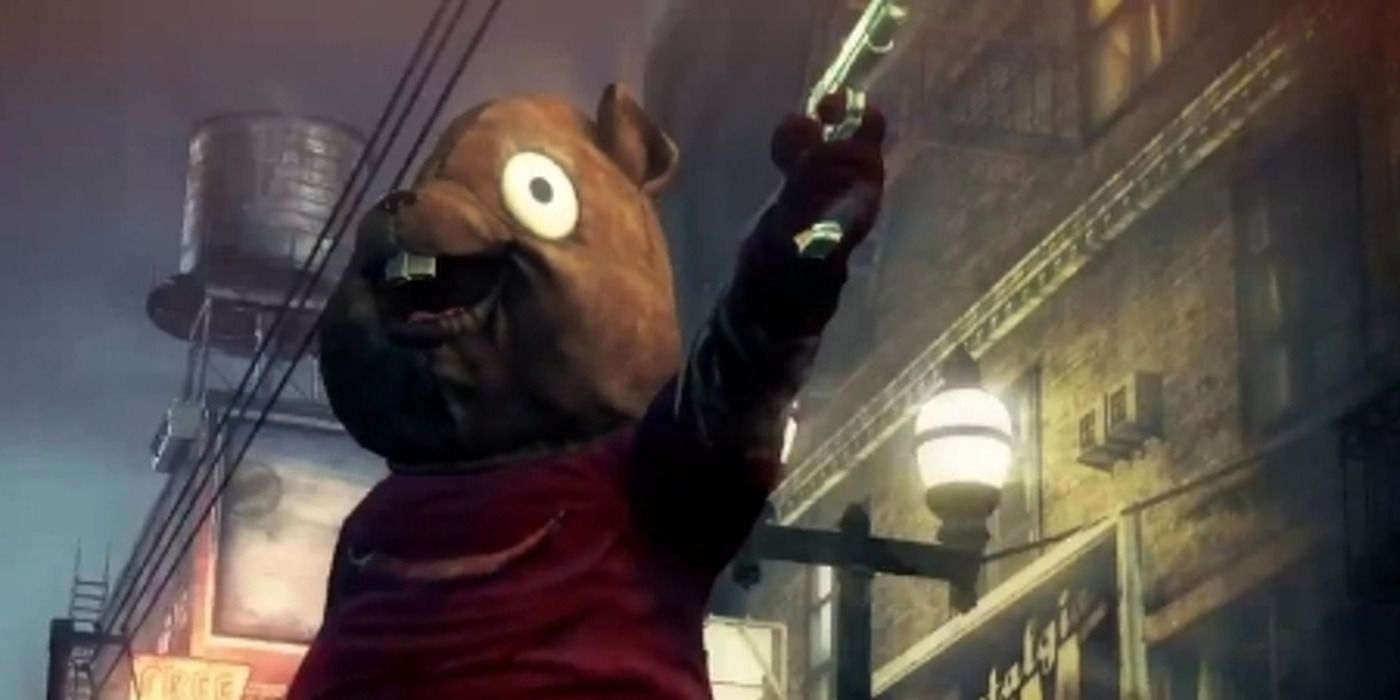
Although the killing options are a selling point of some of the best Hitman games, most people would agree that these aspects should be kept within the game rather than applied to real life. To promote the 2012 stealth game Hitman: Absolution, however, IO Interactive did just that by creating a Facebook app that allowed users to put a "hit" on their friends.
Users could select a person and choose a reason for why the person received the "hit," which included cheating or having awful makeup. The recipient would then receive a video of Agent 47 shooting their Facebook images. While these "hits" were obviously not real, the videos could still be used to cyberbully online users, so the app was quickly taken down a couple of hours after it was released.
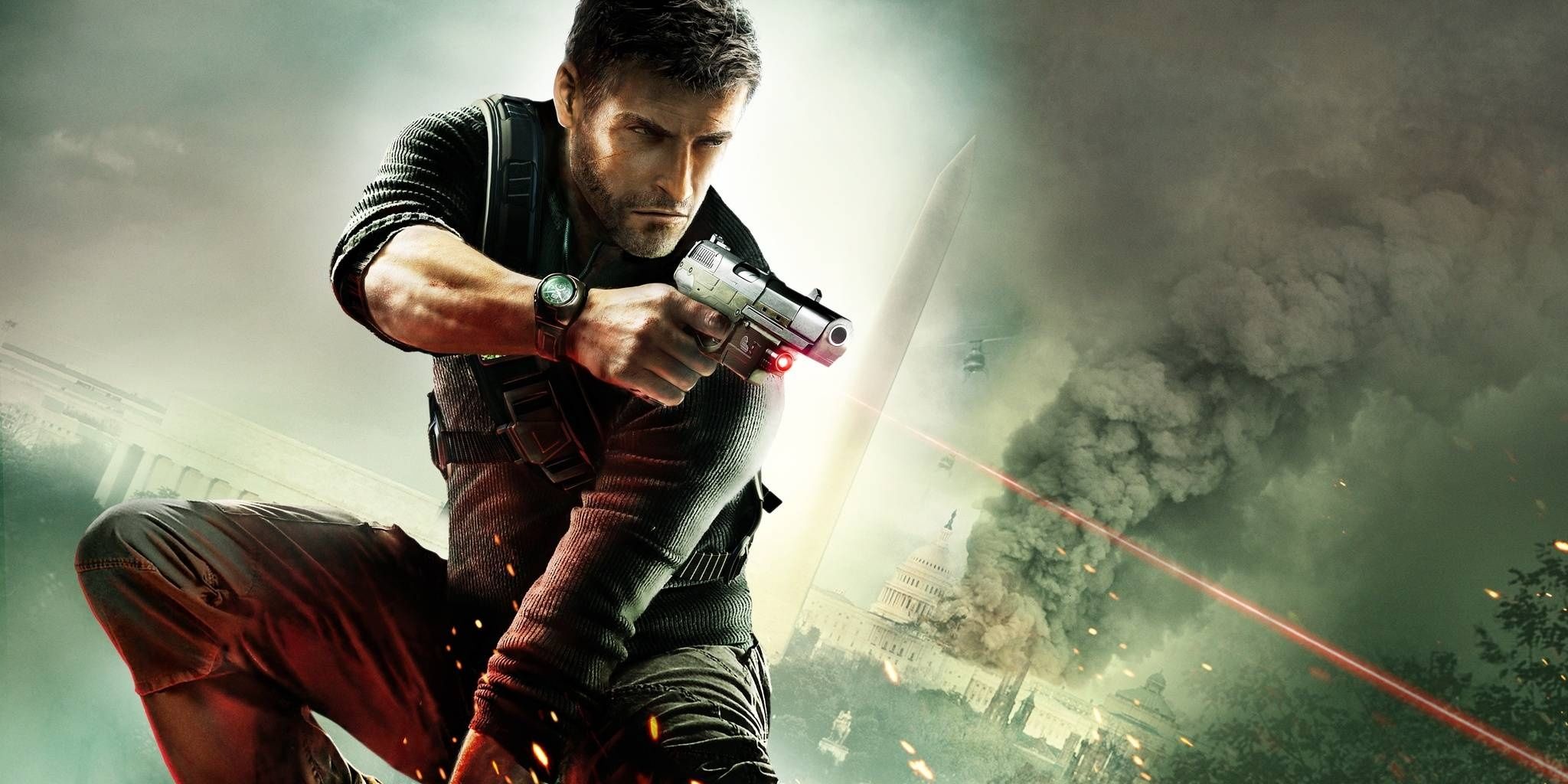
Even though a fake assassination app is already terrible, Ubisoft took it a step further by hiring actors to stage a fake shooting. At a bar within Auckland City in New Zealand, two men covered in bandages started waving a fake gun at customers to promote the upcoming 2010 action-adventure stealth game Tom Clancy's Splinter Cell: Conviction.
Police were quickly called to the scene, and the gun was realistic enough that the police couldn't tell it was plastic until they held it themselves. The marketing organization in charge said that they had nothing to do with this particular stunt, and it was instead staged by another company they hired.
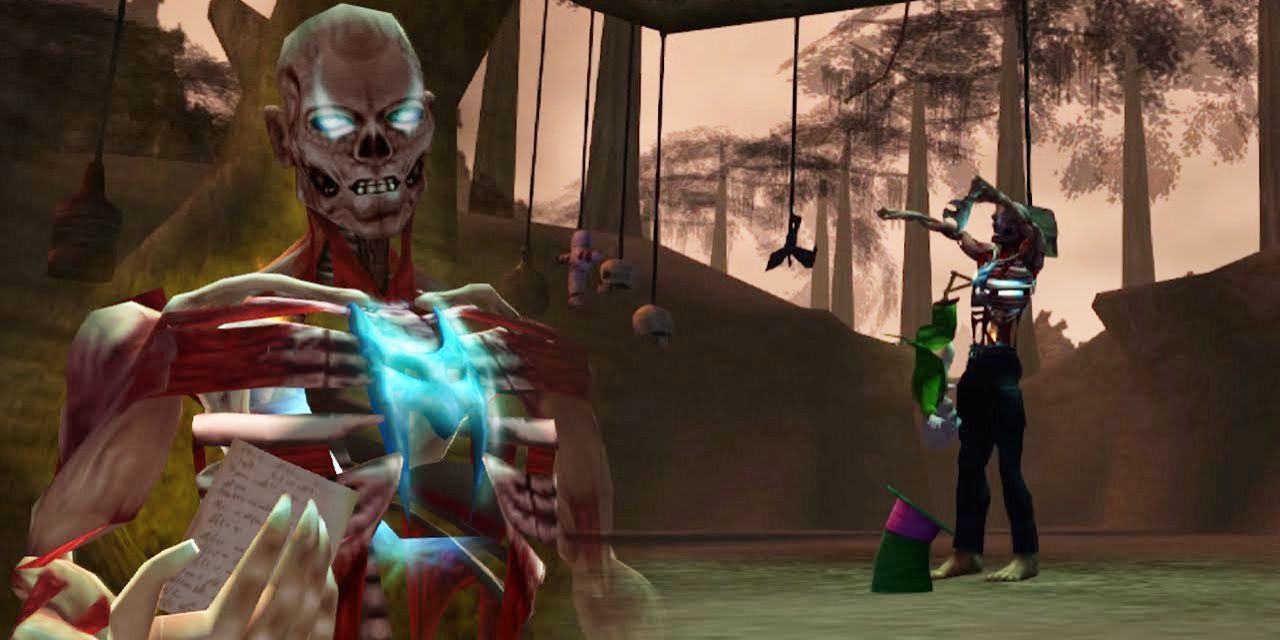
During the final years of the video game publisher Acclaim Entertainment's life, the company did several bizarre marketing campaigns to try to save themselves and their games. Besides encouraging reckless driving by offering to pay off any UK speeding tickets on the day of the 2002 racing game Burnout 2: Point of Impact's release, Acclaim Entertainment's worst publicity stunt is possibly when the publisher wanted to advertise the 2002 action-adventure horror game Shadow Man: 2econd Coming on gravestones.
The company announced that they would pay any interested families in the UK in order to have small billboards for the game posted onto the deceased family member's graves. They even said that the offer might be a particularly good investment for "poorer" families.
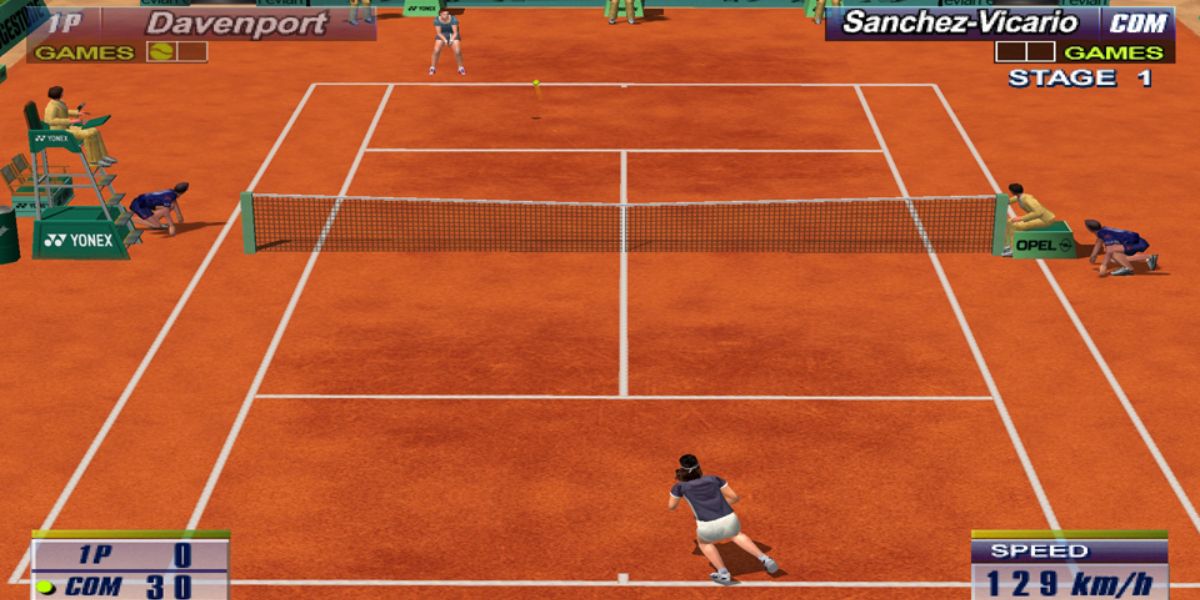
While not anywhere near as bad as Acclaim Entertainment's other stunts, this particular marketing campaign may be one of the most incomprehensible. To promote the 2001 forgotten Dreamcast game Virtua Tennis 2, the publisher painted the game's logo on about 20 pigeons and trained them to fly around Wimbledon, which is the oldest and most prestigious tennis tournament.
The pigeons were covered in harmless water-based paint, so it was not harming the pigeons. But it is still extremely bizarre, especially since the game had already been out for months before this stunt.
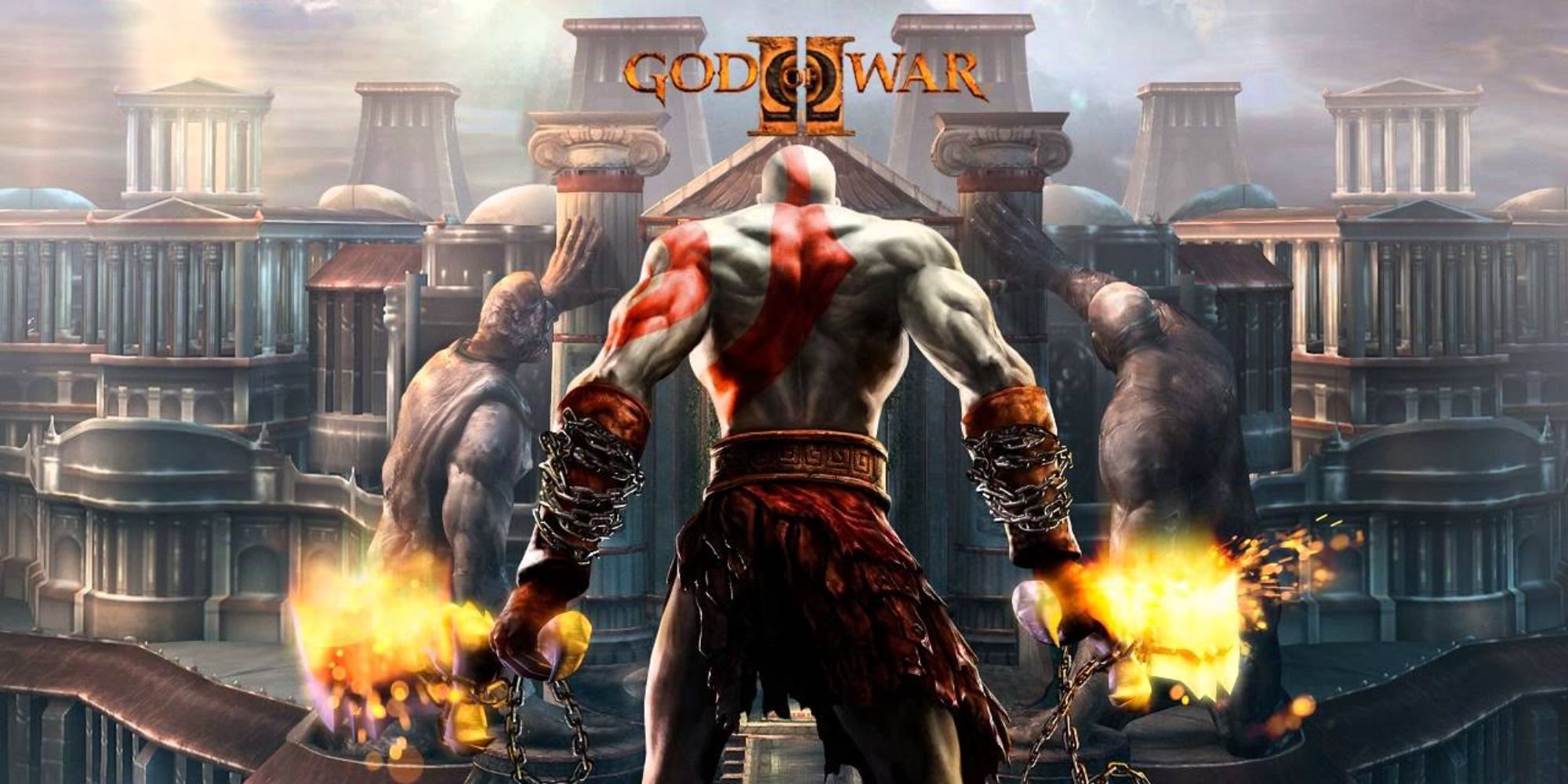
Since the 2007 action-adventure game God of War II is based on Greek mythology, Sony decided to promote the game by hosting a big party in Athens, Greece. Instead of just having a regular party, however, the event featured a dead goat that was borrowed from a butcher.
The dead goat was on display at the party was a "set piece" that guests could see but not approach, and the goat was returned to the butcher after the party. Some rumors later appeared that guests were eating from the goat, but that was later proved to be false.
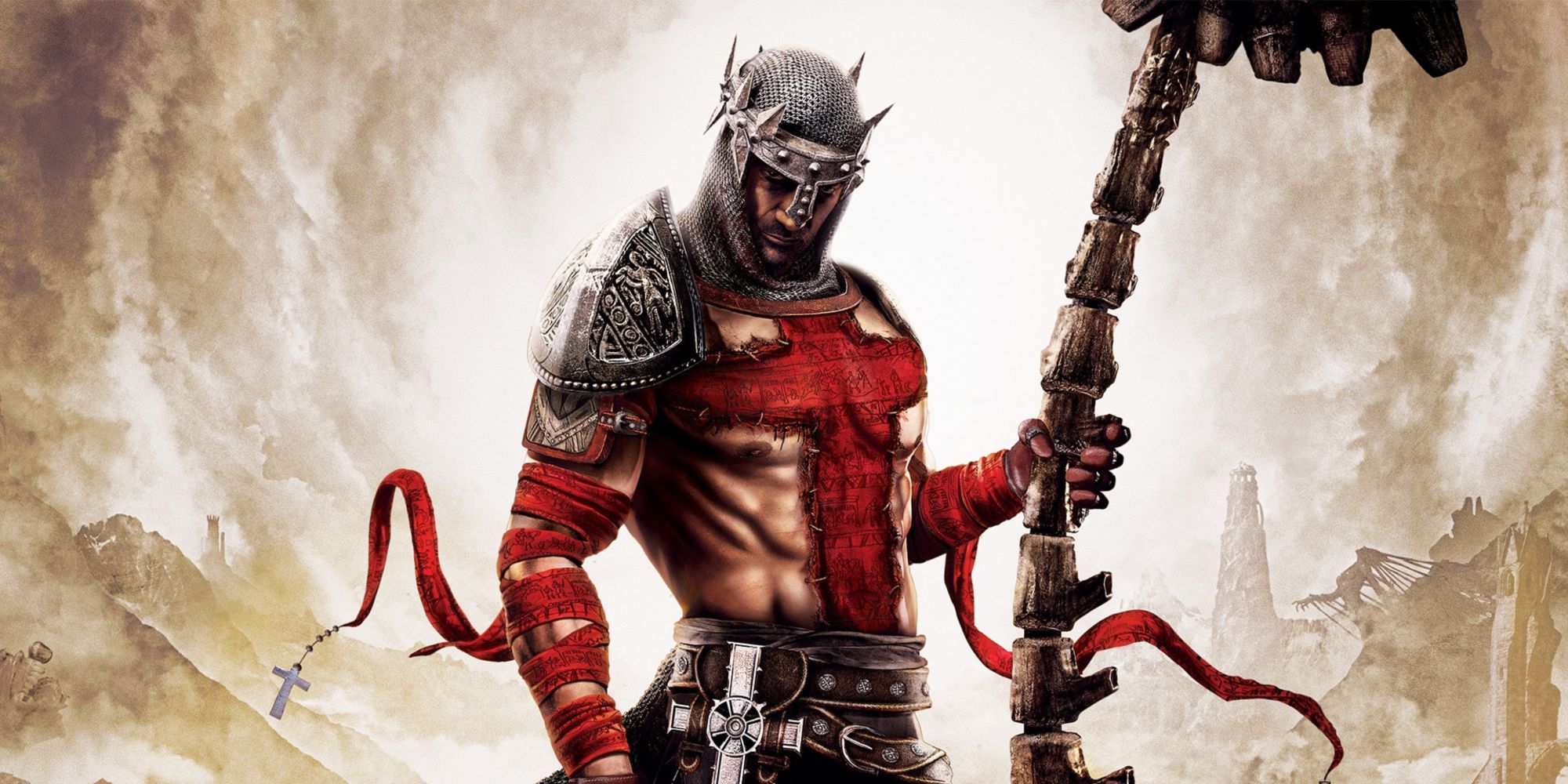
Even though Dante's Inferno is possibly one of the best horror games on the PSP, the game didn't gain traction in the gaming industry, which can probably be largely attributed to the game's terrible marketing. One of the most prominent stunts was when EA hired some actors to stage a fake protest of the game at the E3 Conference in 2009.
But, that particular event is only the tip of the iceberg. The promotional stunts also included sending boxes that played Rick Astley's "Never Gonna Give You Up," asking people who attended that year's San Diego Comic-Con to "commit acts of lust" with models, advertising a fake service that allowed people to steal "their best friend's girlfriend," and more.
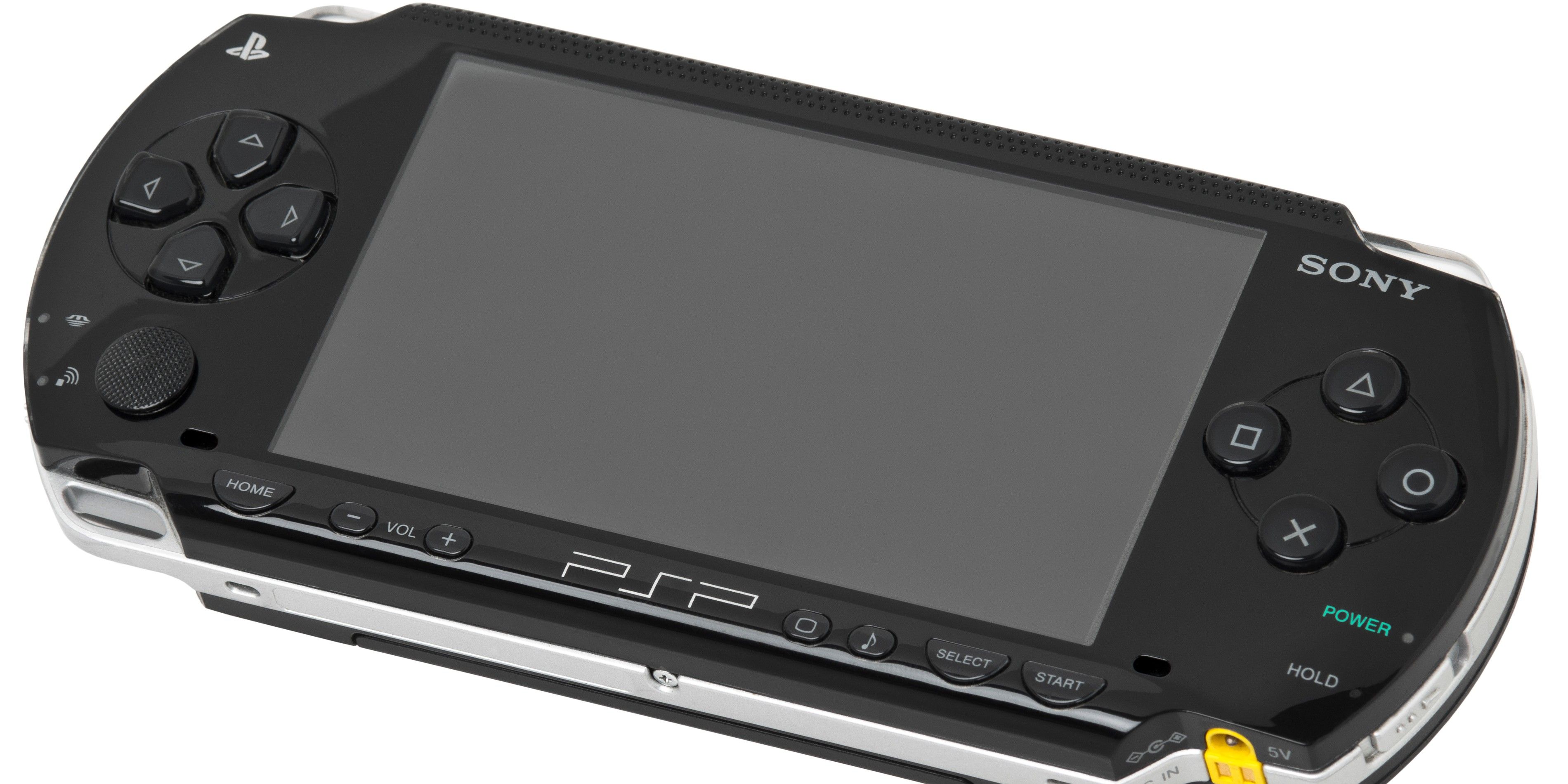
Speaking of the PSP, the console itself is not immune to horrible marketing decisions. To promote the new "ceramic white" PSP, Sony put an advertisement on billboards in the Netherlands that depicted a white woman holding a black woman's jaw accompanied by the text "PlayStation Portable White is coming."
Although a Sony spokesperson said that the ads didn't have an offensive message, it is difficult not to see the racist implications of the advert.
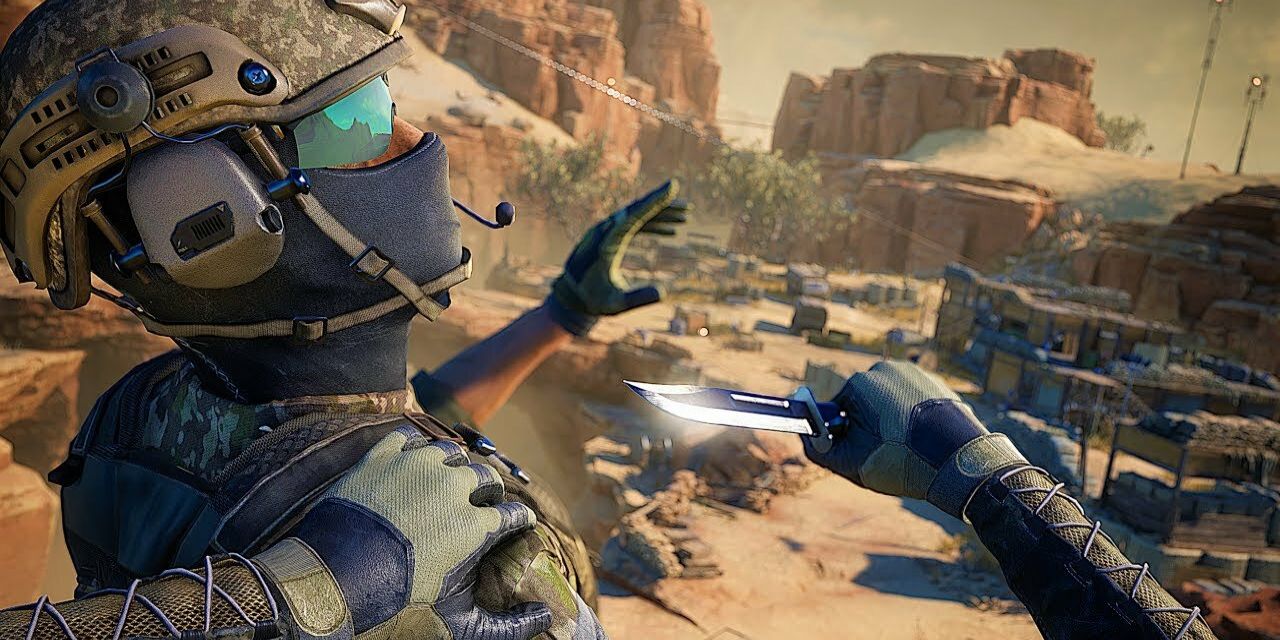
To "celebrate" the launch of the 2021 stealth tactical shooter Sniper Ghost Warrior Contracts 2, several journalists were invited to the Strategic Operations facility, which is meant to be a training facility for military, law enforcement, and medical personnel. Originally used as a movie set, the location is now used for "counter-terrorism" training.
Journalists who attended the event were appalled by the fact that they were made to shoot actors who were dressed in traditional Arab clothing within sets that promoted an inaccurate image of the Middle East. The developers of the game, CI Games, immediately apologized after the event and explained that the facility did not listen to their request to have the actors wear the outfits from the game.
from ScreenRant - Feed https://ift.tt/3wR346R


0 Comments